Private onsens are a wonderful way to experience Japanese hot springs in total privacy.
While you don’t need to follow every strict rule like in a public bath, knowing some basic etiquette, what to wear, and what to bring will help you — and your family — have a comfortable, enjoyable stay.
Essential Etiquette for Private Onsen
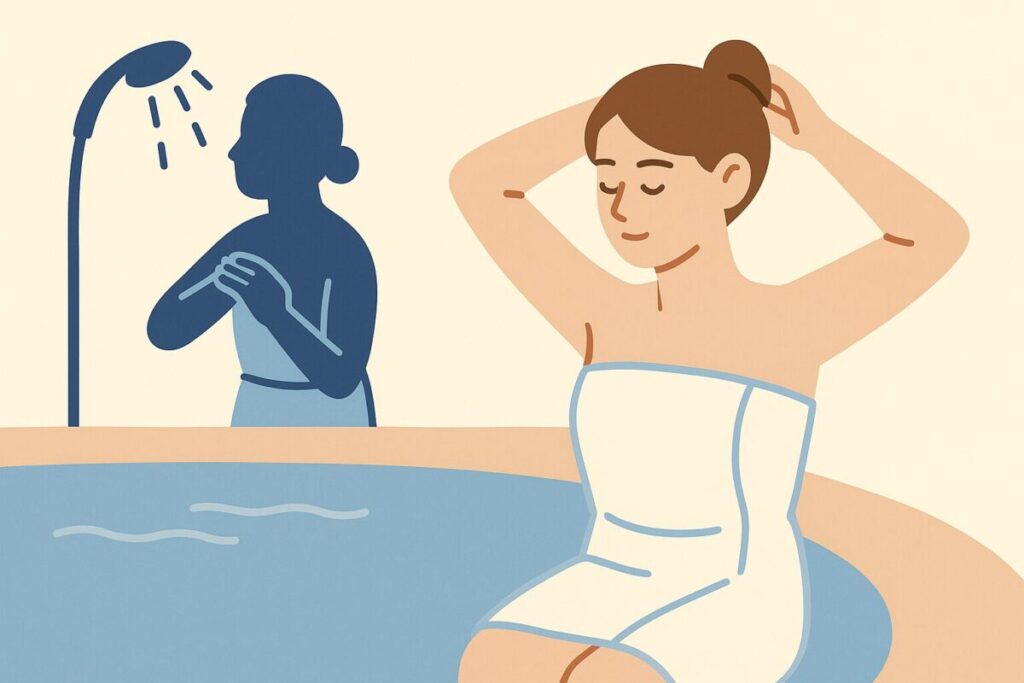
Even in a private bath, a few simple practices will keep your onsen clean and relaxing, and show respect for Japanese culture.
Wash Your Body Before Entering the Bath
- Always shower or rinse off before soaking. This removes sweat or dirt so you enter the bath clean.
- Tie up long hair so it doesn’t fall into the water.
Avoid Jumping or Splashing
- Enter the bath slowly and quietly to keep the atmosphere peaceful.
- Jumping or splashing can disturb the mood — even when it’s just your group.
A Note for Families: Kids and Private Onsen
Many private onsens are perfect for families traveling with kids, since you don’t need to worry about bothering strangers like in a public bath.
Children can laugh, play, and enjoy the hot spring together with parents.
However, it’s important to teach children a few things:
- Don’t throw or splash water out of the bath, especially if your bath has an open area where water could spill onto walkways or other rooms below.
- Remind them that while excitement is okay, loud screaming can disturb the peaceful atmosphere of the entire ryokan.
- Keep toys simple — small bath-safe toys are fine, but avoid items that could clog drains or make a big mess.
Sharing the fun while teaching kids to respect the space is part of the experience — and a great opportunity to introduce them to Japanese culture.
How to Behave in Shared Spaces
Even if you have a private bath, ryokans (traditional inns) have shared areas like hallways or dining rooms where it’s important to stay respectful.
Wear Indoor Slippers
- Always wear the slippers provided by the ryokan when moving through the building.
- Avoid walking barefoot or wearing your outdoor shoes indoors.
Keep Voices Down
- Ryokans are places where guests — including other families — come to relax.
- Speak softly in common areas to maintain the quiet atmosphere.
What to Bring for a Comfortable Private Onsen Stay
Packing a few essentials will make your private onsen stay much more comfortable, especially if you’re traveling with children.
Above all, bring your own pajamas or familiar sleepwear — this is the single most important item to ensure a good night’s rest.
Pajamas or Familiar Sleepwear
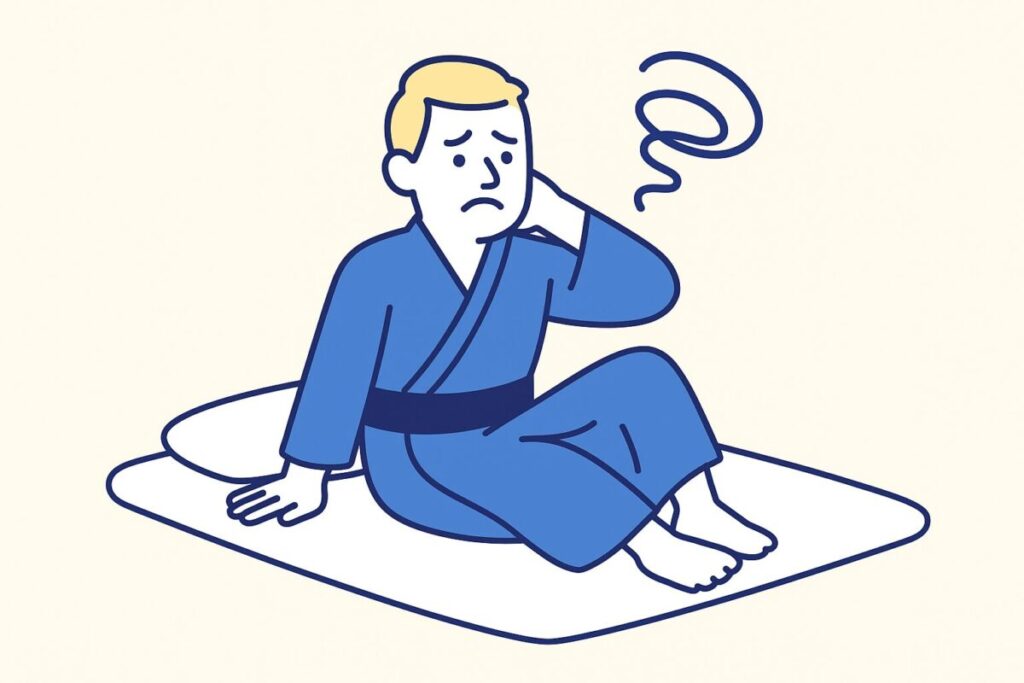
Ryokans provide yukata (light cotton robes), but they can feel uncomfortable for sleeping — even for Japanese guests. From my own experience, yukata often twist or ride up at night, especially for kids who move around in bed. When my cousin’s family from Canada visited Japan, they brought their own pajamas and thanked me later; they couldn’t imagine sleeping comfortably in yukata.
So my top tip is simple: bring your own pajamas or any sleepwear you and your family find comfortable. This helps everyone sleep better and feel more at ease during your stay.
Toiletries (Toothbrush, Toothpaste, etc.)
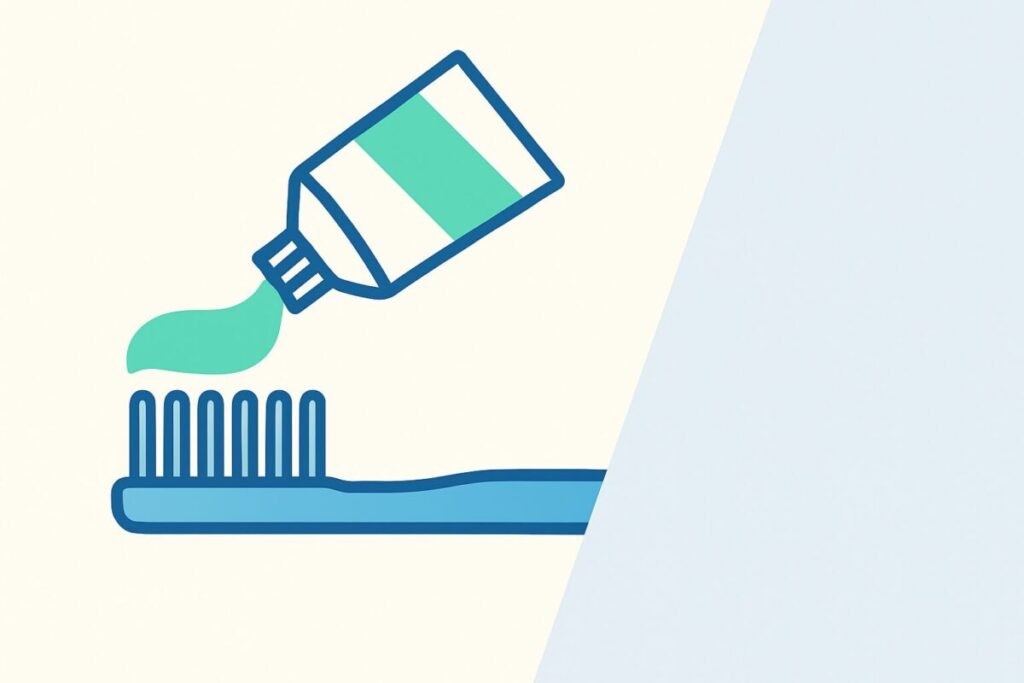
While many ryokans provide a toothbrush, toothpaste is often missing or only available in very small amounts. From my experience, it’s much better to bring your own toothpaste so your family isn’t left without enough. Make sure everyone has their own toothbrush and toothpaste, along with any personal care items you use daily, like floss or mouthwash, to avoid any inconvenience during your stay.
Extra Bath Towels
Ryokans usually provide towels, but bringing a few extras can be helpful for families, especially if you plan a longer stay or if you’ll be bathing multiple times a day.
Skincare Products
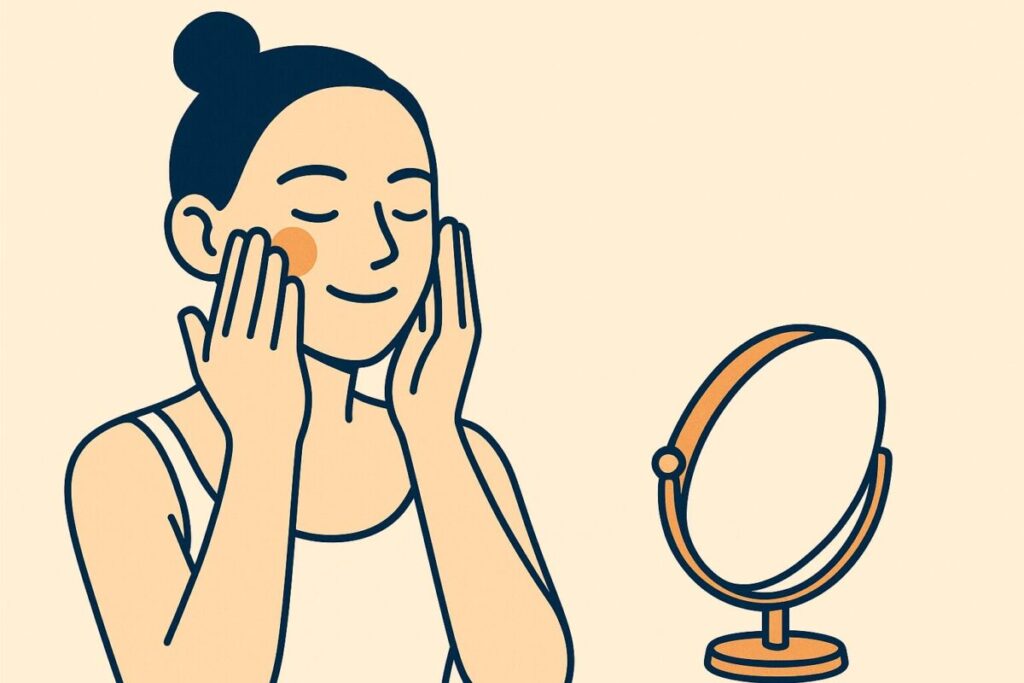
Onsen water, rich in minerals, can make skin dry. Bring your own moisturizer for yourself and a gentle lotion for your kids to keep everyone’s skin comfortable and hydrated.
Why Quietness Matters in Japanese Ryokans: Etiquette & A Personal Story
Ryokans are not just places to stay — they’re retreats designed to help guests forget the stress of everyday life.
Keeping quiet is part of respecting that purpose.
For example, my cousin from Canada loves visiting Japan with his family.
He has four kids, and they all love private onsens — they can play together without worrying about strangers.
But we remind the kids not to throw water over the edge of the bath or shout too loudly, because the sound can disturb other guests or even splash people walking below if the bath is on a balcony.
We also make sure they understand that ryokans are peaceful spaces for everyone to relax.
By gently guiding kids on how to enjoy themselves without disturbing others, the whole family can share a memorable, culturally respectful experience.
Conclusion: Enjoy Your Private Onsen Respectfully with Your Family
Private onsens offer the freedom to have fun with your family, but combining a sense of freedom with a respect for quietness creates the best experience.
By washing before you enter, keeping noise down in common areas, and teaching children to be considerate, you can fully enjoy your stay and appreciate the unique, tranquil spirit of Japanese hospitality.
Frequently Asked Questions About Private Onsens in Japan
Q1. Do I really need to wash before entering a private onsen?
Yes — even in a private bath, it’s part of Japanese bathing culture to rinse off before you soak. It keeps the water clean for you and anyone else in your group.
Q2. Are tattoos allowed in private onsens?
Usually yes! One of the biggest advantages of private onsens is that they allow people with tattoos to bathe without worry. If you’re unsure, check with your ryokan when booking.
Q3. Can children use private onsens?
Absolutely. Private onsens are ideal for families because you don’t have to worry about bothering other guests. Just remind kids not to splash water outside the bath or make excessive noise.
Q4. Do I have to wear a swimsuit in a private onsen?
No — swimsuits are not necessary or recommended. In Japan, it’s normal to bathe naked in both public and private onsens. Since it’s private, you can feel comfortable with your partner or family.
Q5. What should I do if I feel lightheaded while bathing?
Hot springs can sometimes cause dizziness if you stay in too long.
If you start to feel lightheaded, get out of the bath slowly, drink water, and rest in a cool area until you feel better.
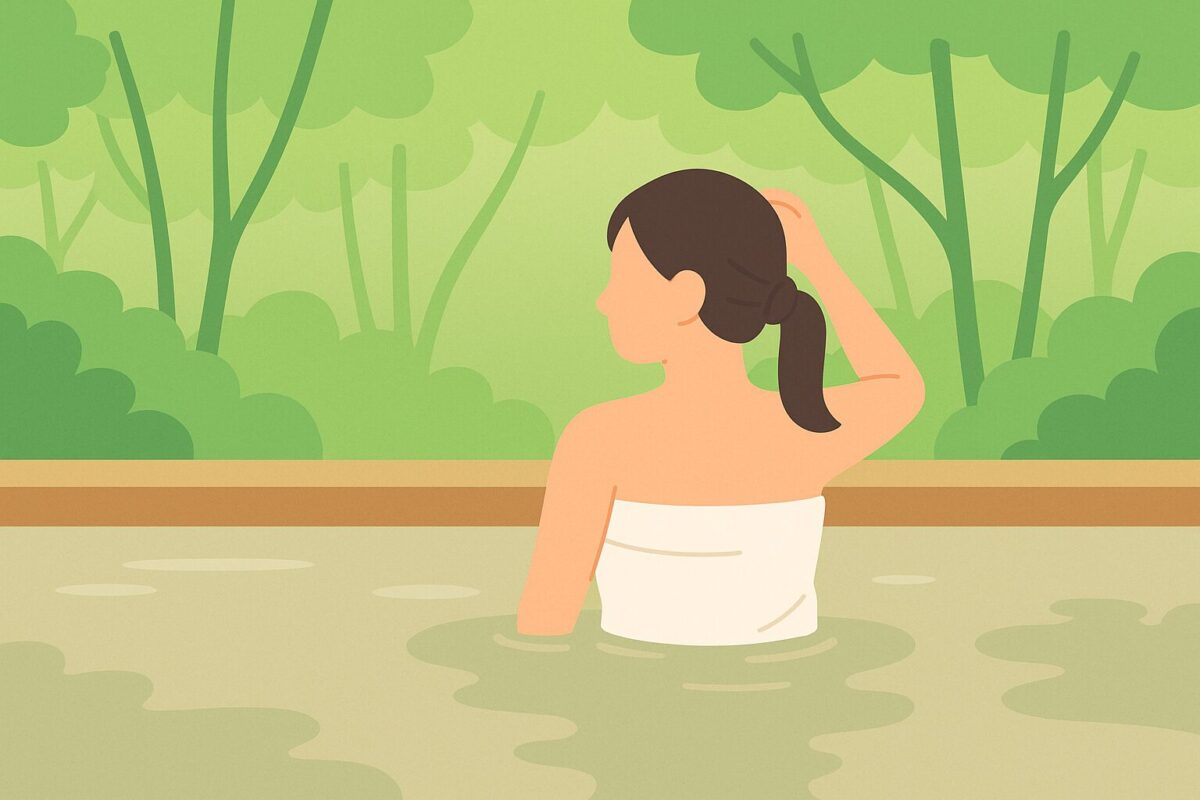
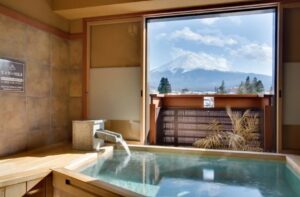
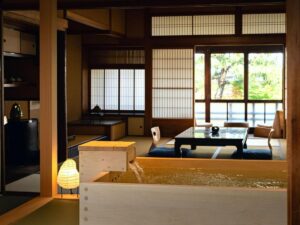
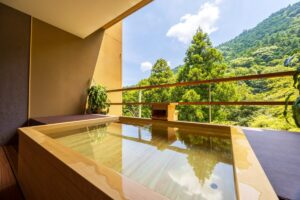
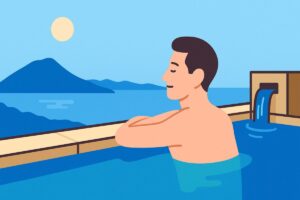
Comments